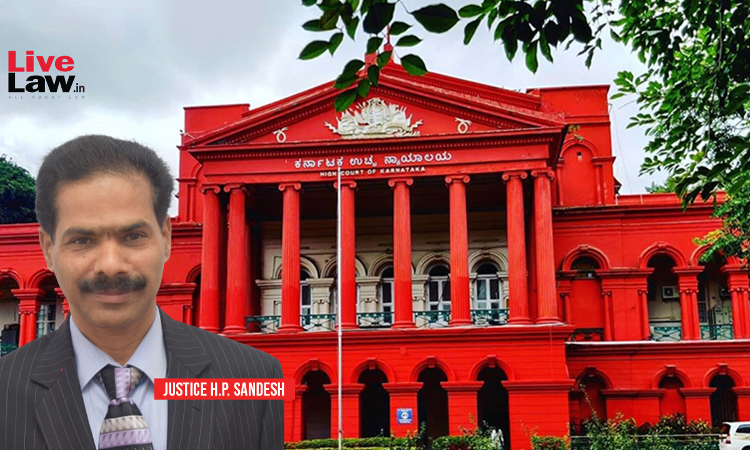Partition Suit After 90 Years Not Maintainable If Possession Not Delivered As Per Preliminary & Final Decrees: Karnataka High Court
Mustafa Plumber
31 Aug 2023 7:20 PM IST

Execution petition within limitation period must, court said.
Next Story
31 Aug 2023 7:20 PM IST
